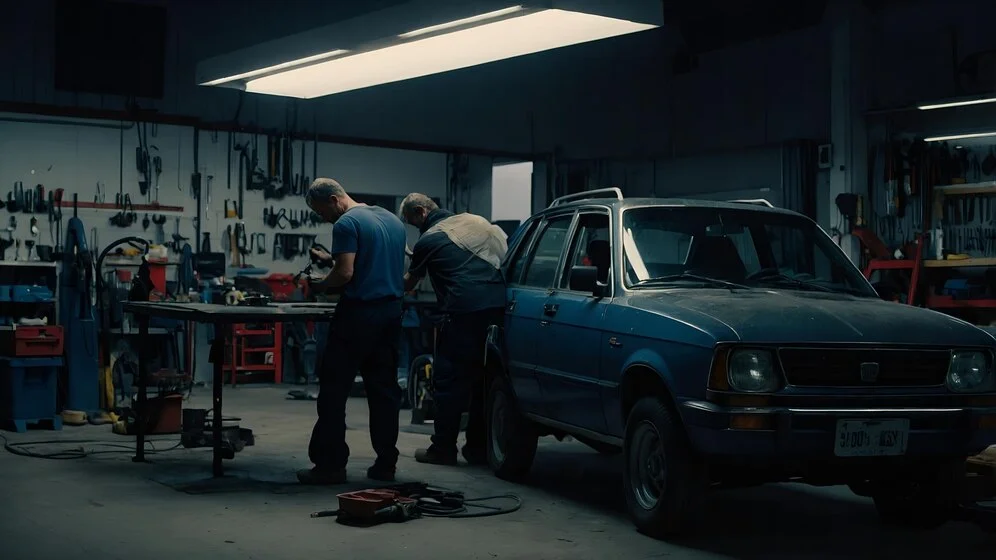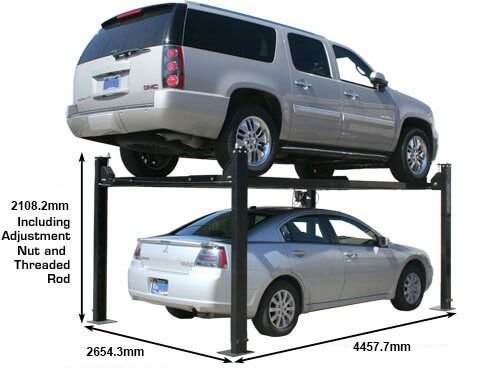Common Major Car Repairs and How to Prevent Them
Owning a car comes with the inevitable reality of repairs. While minor issues are usually manageable, major car repairs can be both stressful and costly. Understanding common major car repairs and knowing how to prevent them can save you time, money, and hassle. Here’s a closer look at some of the most frequent major car repairs and tips for avoiding them.
1. Engine Overhaul
What It Is: An engine overhaul involves disassembling and rebuilding the engine to restore its performance and longevity. This repair can become necessary due to wear and tear, lack of maintenance, or severe mechanical failure.
How to Prevent It:
- Regular Oil Changes: Engine oil lubricates moving parts and prevents overheating. Regularly changing the oil according to the manufacturer’s recommendations is crucial.
- Monitor Engine Performance: Pay attention to warning signs such as strange noises, loss of power, or poor fuel efficiency. Addressing these issues early can prevent further damage.
- Follow Maintenance Schedule: Stick to the recommended maintenance schedule for your vehicle. This includes checking and replacing filters, spark plugs, and other critical components.
2. Transmission Replacement
What It Is: The transmission is responsible for transferring power from the engine to the wheels. A replacement may be required if the transmission fails or suffers significant damage.
How to Prevent It:
- Check Transmission Fluid Regularly: Ensure that the transmission fluid is at the correct level and in good condition. Low or dirty fluid can lead to transmission problems.
- Avoid Hard Shifting: Gentle acceleration and deceleration can reduce strain on the transmission. Avoid sudden starts and stops.
- Get Transmission Inspections: Have your transmission inspected regularly, especially if you notice any issues such as slipping or hard shifting.
3. Suspension System Repairs
What It Is: The suspension system includes components like shocks, struts, and springs that provide a smooth ride and maintain vehicle stability. Repairs may be needed if these components wear out or fail.
How to Prevent It:
- Drive Smoothly: Avoid potholes and rough roads when possible. Smooth driving can reduce wear on the suspension system.
- Inspect Suspension Components: Regularly check for signs of wear or damage, such as uneven tire wear or a bumpy ride. Replace worn parts promptly.
- Align and Balance Wheels: Proper wheel alignment and balancing help maintain even wear on suspension components and tires.
4. Brake System Overhaul
What It Is: The brake system is vital for safety and involves components like brake pads, rotors, and calipers. A complete overhaul may be needed if the system experiences significant wear or failure.
How to Prevent It:
- Replace Brake Pads on Time: Brake pads wear out over time and should be replaced according to the manufacturer’s recommendations.
- Monitor Brake Fluid Levels: Check and top up brake fluid as needed. Low brake fluid can affect braking performance.
- Listen for Squeaks or Grinding: Any unusual noises when braking should be addressed immediately to prevent further damage.
5. Cooling System Repairs
What It Is: The cooling system regulates the engine’s temperature. Major repairs may be required if there are issues with the radiator, water pump, or thermostat.
How to Prevent It:
- Check Coolant Levels: Regularly inspect coolant levels and top up as needed. Ensure that the coolant is clean and free of contaminants.
- Inspect for Leaks: Look for signs of coolant leaks under the vehicle. Promptly address any leaks to avoid overheating.
- Flush the Cooling System: Follow the manufacturer’s recommendations for flushing and replacing coolant to maintain optimal performance.
6. Fuel System Repairs
What It Is: The fuel system includes components like the fuel pump, fuel filter, and injectors. Repairs may be necessary if these parts become clogged or fail.
How to Prevent It:
- Use Quality Fuel: Opt for high-quality fuel to reduce the risk of clogging and damage to the fuel system.
- Replace Fuel Filters: Regularly replace the fuel filter to ensure that debris and contaminants are removed from the fuel before it reaches the engine.
- Avoid Running on Empty: Running the fuel tank low can cause sediment to be drawn into the fuel system. Keep the tank at least a quarter full.
Conclusion
Understanding and addressing common major car repairs can greatly extend your vehicle’s lifespan and help you avoid unexpected expenses. Regular maintenance, careful driving, and timely responses to warning signs are crucial strategies for preventing costly repairs. Staying proactive not only keeps your car in top shape but also ensures a smoother, more dependable driving experience. If you ever find yourself facing a significant repair and need financial assistance, title loans in Utah can provide a quick solution to cover those unexpected costs and keep your car on the road.



